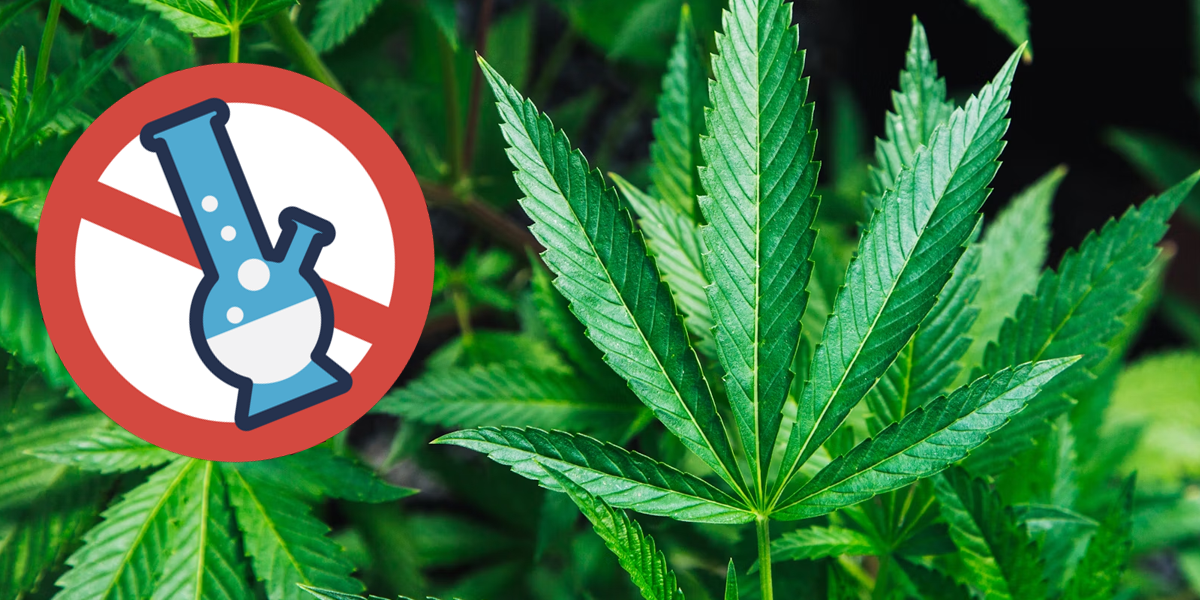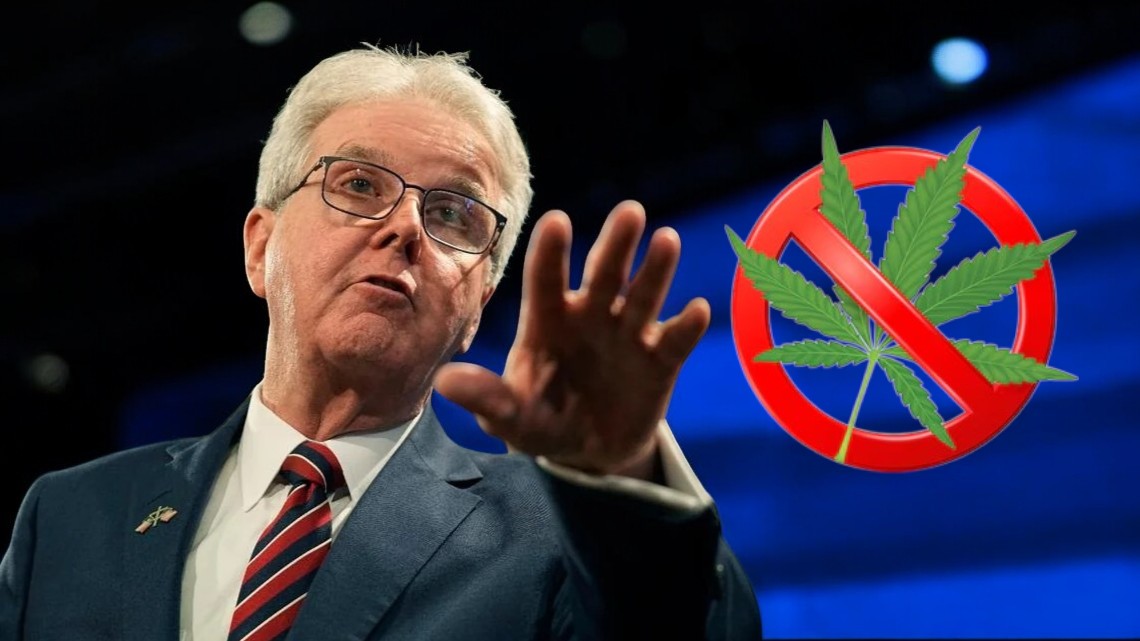
In a controversial move that has left many retailers and business owners grappling with uncertainty, Iowa’s new “bong law” officially took effect this week.
The legislation, which was passed last spring, introduces stringent new requirements for the sale of smoking devices like bongs and pipes. Retailers across the state must now obtain state permits to continue selling these items, which are also subject to a hefty 40% tax under the new regulations. Unsurprisingly, the law has sparked widespread criticism, with many dubbing it a “bong ban.”
New Requirements for Smoking Device Retailers
Under the new law, any retailer wishing to sell smoking devices must apply for a state permit, a process that comes with a steep $1,500 fee. In addition to the permit requirement, the legislation also raises the age limit for purchasing such devices to 21, aligning with other age-restricted products like tobacco and alcohol.
Cities across Iowa play a critical role in the permitting process, as they have the authority to approve or deny applications. Bettendorf City Administrator Decker Ploehn explained that the city is prepared to manage these applications through the City Clerk’s office, similar to how tobacco permits are handled. However, Davenport’s interim Finance Director Jim Odean noted that the process is still evolving. “The City is working with the Department of Revenue on Davenport’s role in the process. The State takes the applications and forwards them on to the City for approval, but the State issues the permit. To date, we have not received any applications. As we learn more about the process, the City may move to revise the ordinance as needed.”
Retailers React to the New Law
Heather Shadden, owner of Yabba Dabbas, a chain of smoking device shops with locations across the Quad Cities, expressed frustration with the law and its potential impact on her business.
“It’s going to mean a complete decrease in business when it comes to selling items that will be affected by the new device tax,” Shadden said. “We’re too close to a state that doesn’t have that tax, and I think we’re going to see a lot of business loss.”
Shadden’s concerns are amplified by the proximity of her stores to Illinois, where no such tax exists. She fears the new regulations will drive customers across state lines in search of cheaper alternatives.
“Not only will they, but they should,” she said bluntly. “It doesn’t make any sense. Times are hard enough for people. There’s no reason to spend 40% more on something you can get 15 minutes away.”
Uncertainty and Adaptation
For now, Shadden has decided to keep bongs and other smoking devices on her shelves while awaiting further clarification from state authorities. She applied for her $1,500 permit on the law’s first day of implementation but remains uncertain about the future.
“It’s hard to say, and I haven’t had a lot of time to think about it,” she said. “But you’ll definitely see new items coming into our shop, things we didn’t carry before, things that won’t be covered under that device permit.”
Shadden’s adaptive strategy underscores the broader uncertainty many retailers face. The lack of clear communication from state officials has left shop owners scrambling to understand the new rules and their implications.
Economic Implications
The 40% tax on smoking devices is among the most contentious aspects of the new law. Critics argue that it unfairly targets small businesses and low-income customers, particularly given the availability of cheaper options in neighboring states. Shadden predicts significant revenue losses for Iowa retailers as a result.
“The state hasn’t done a good job communicating with shop owners,” she said. “It’s going to drive business out of Iowa to Illinois.”
While proponents of the law argue that the tax will generate additional revenue for the state, opponents contend that the economic benefits will be offset by the loss of local business activity and jobs.
Broader Impacts
Beyond the financial implications, the law’s increase in the age requirement to 21 reflects a growing trend of aligning smoking and vaping regulations with those for alcohol. However, the new rules may also limit access to smoking devices for legitimate uses, such as medical marijuana patients who rely on them as part of their treatment.
The Road Ahead
As the implementation of Iowa’s “bong law” unfolds, it remains to be seen how retailers and consumers will adapt. For businesses like Yabba Dabbas, the focus is on finding innovative ways to stay afloat amid the changing regulatory landscape.
Shadden’s sentiment captures the uncertainty many are feeling: “We’re just waiting to see what happens next.”
For now, the law stands as a stark reminder of the challenges faced by small business owners in navigating complex and often burdensome regulatory environments. Only time will tell whether the law’s intended benefits outweigh its unintended consequences.


